Artificial Intelligence (AI) is increasingly shaping the way we engage with social media—from personalized content recommendations to automated moderation. While AI brings efficiency and enhanced user experiences, it also presents a range of concerns that need to be addressed thoughtfully and responsibly.
What Are the Drawbacks of AI in Social Media?
AI in social media involves using machine learning algorithms to analyze user behavior, curate content, detect harmful content, and automate interactions. However, despite these advancements, the application of AI also introduces serious ethical, social, and psychological challenges.
Key Drawbacks of AI in Social Media
Spread of Misinformation
AI algorithms prioritize content based on engagement, not accuracy. This can lead to the amplification of sensational, misleading, or false information. Fake news often spreads faster than facts, contributing to public confusion and polarization.
Algorithmic Bias
AI systems learn from existing data—which can be biased or incomplete. As a result, they may reinforce stereotypes, favor certain groups over others, or marginalize underrepresented communities. Biased algorithms can skew content visibility, affecting how users are perceived or treated.
Echo Chambers and Filter Bubbles
AI-driven recommendation systems often show users content that aligns with their past behavior and beliefs. Over time, this creates filter bubbles, limiting exposure to diverse perspectives and reinforcing echo chambers that deepen ideological divides.
Privacy Concerns
Social media platforms use AI to track and analyze vast amounts of personal data to serve targeted ads and content. This raises concerns about data privacy, surveillance, and how much control users truly have over their online presence and preferences.
Mental Health Impact
AI-curated content can contribute to social comparison, anxiety, and addiction. The constant pursuit of engagement and validation—fueled by algorithmic design—can harm mental well-being, especially among younger users.
Manipulation and Deepfakes
AI tools can generate realistic but fake content, including deepfake videos and images. On social media, these can be used for misinformation, fraud, or manipulation, posing serious threats to trust and authenticity.
Job Displacement
AI-driven automation is replacing some human roles in social media, such as content moderation, customer service, and marketing analysis. While this improves efficiency, it can also lead to job loss and ethical concerns around oversight.
Conclusion
AI has transformed social media in powerful ways, but it comes with significant drawbacks that cannot be ignored. Issues like misinformation, bias, and privacy violations highlight the need for careful governance, transparency, and ethical frameworks. As AI continues to evolve, striking a balance between innovation and responsibility is essential for building healthier, more inclusive digital communities.


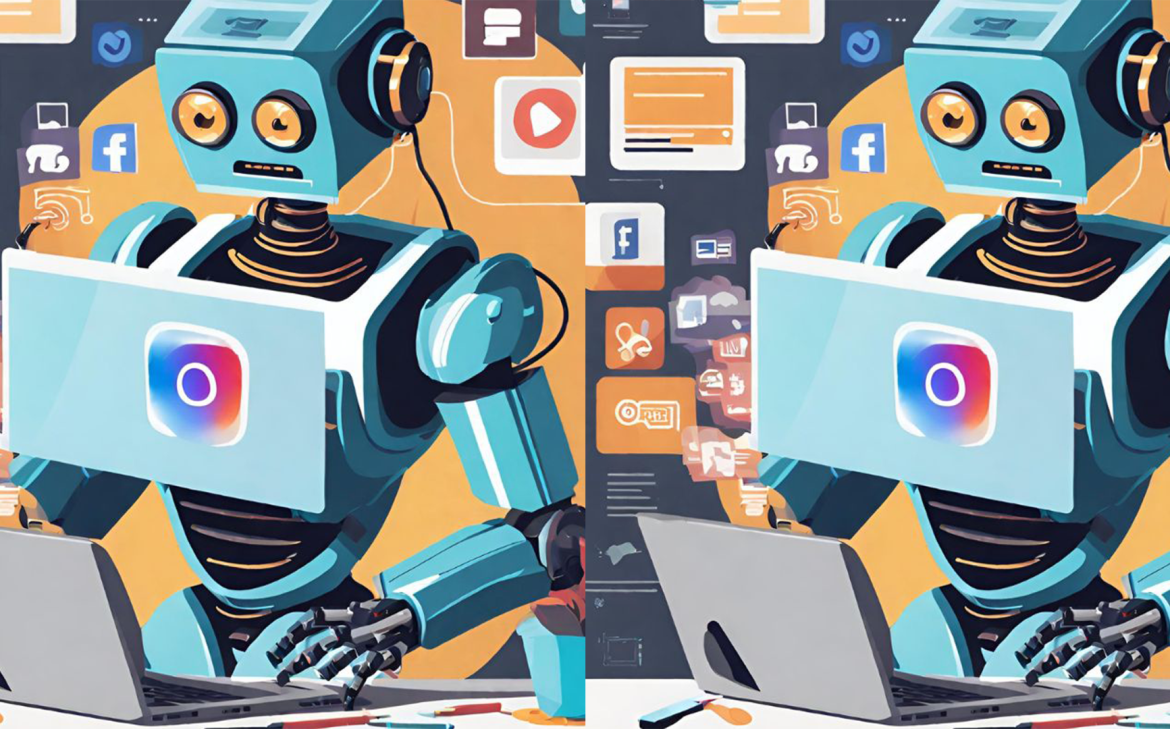
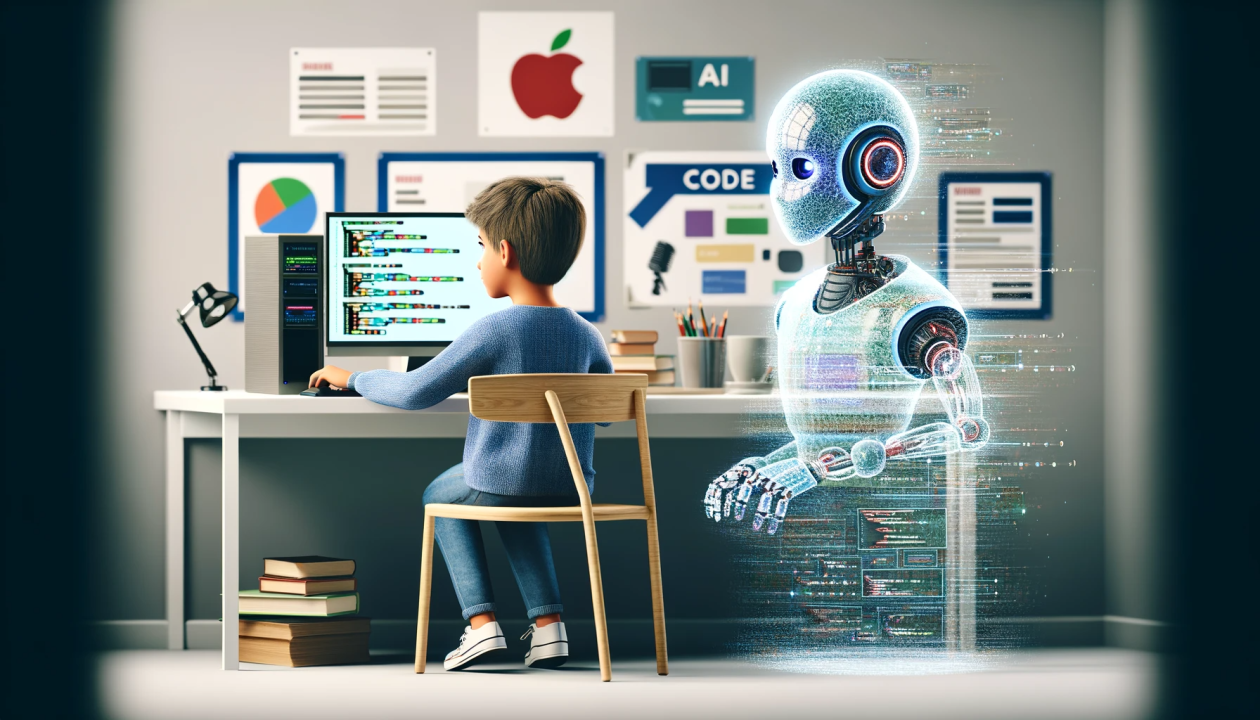
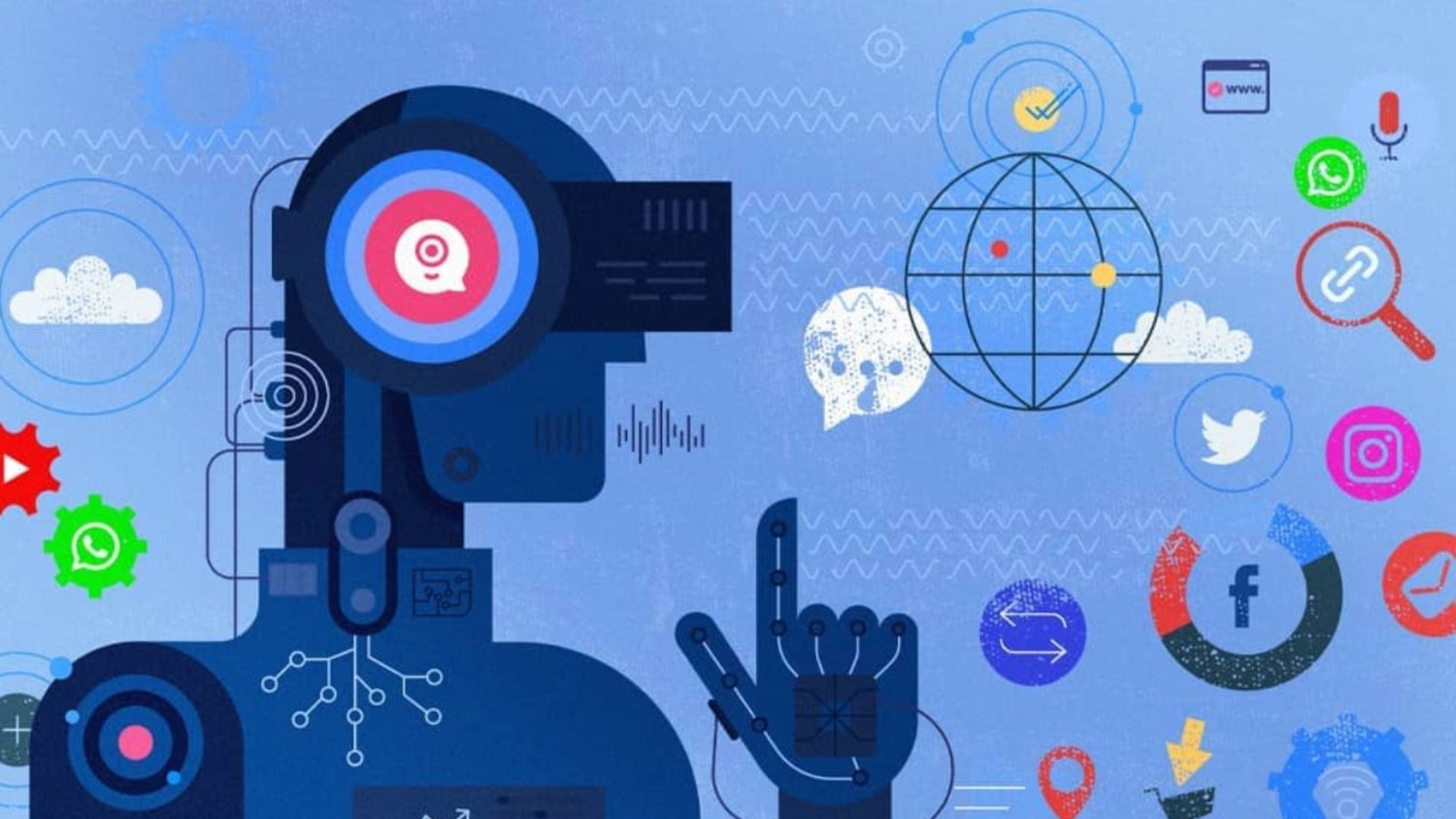
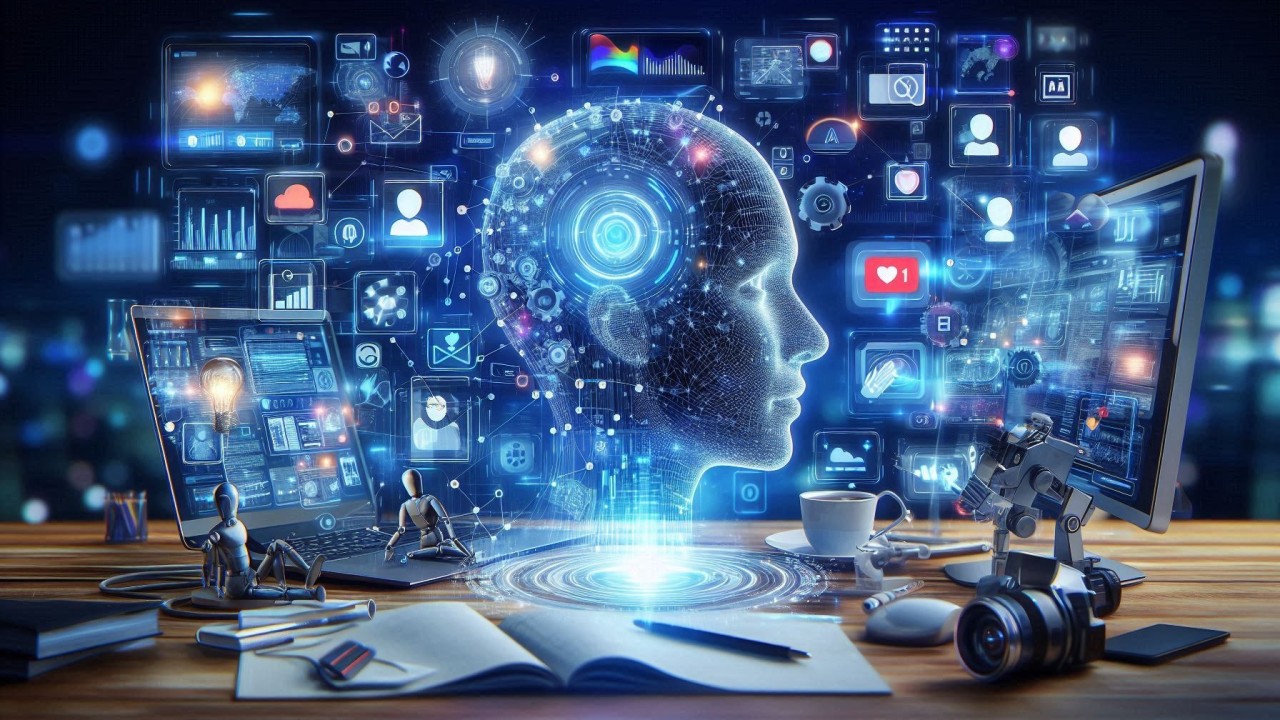
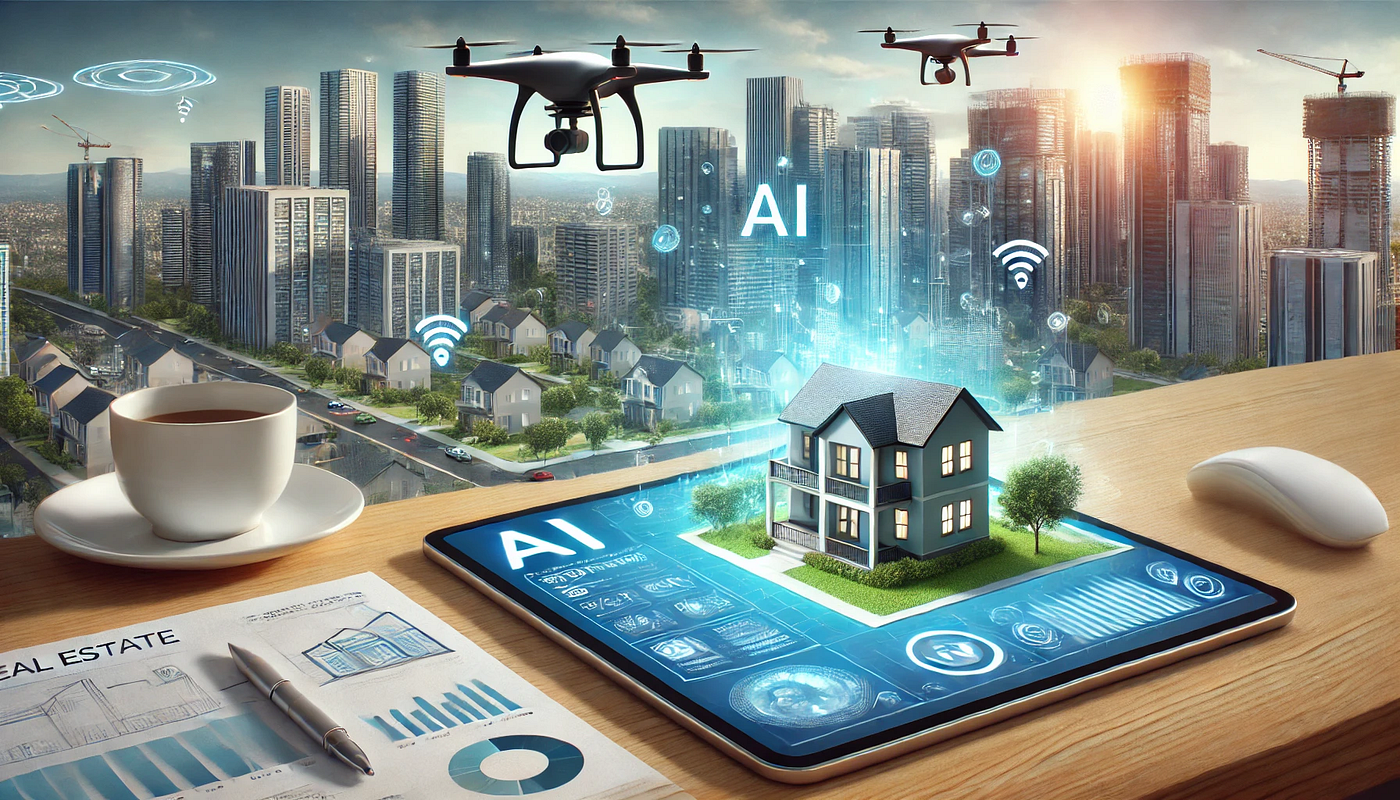
Leave feedback about this